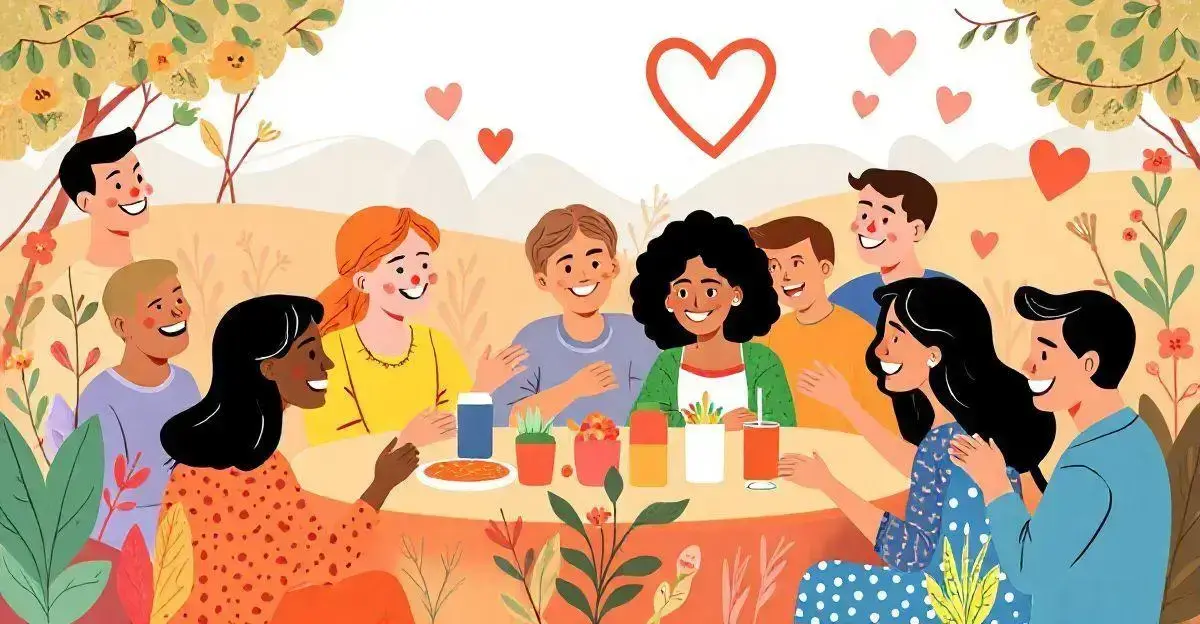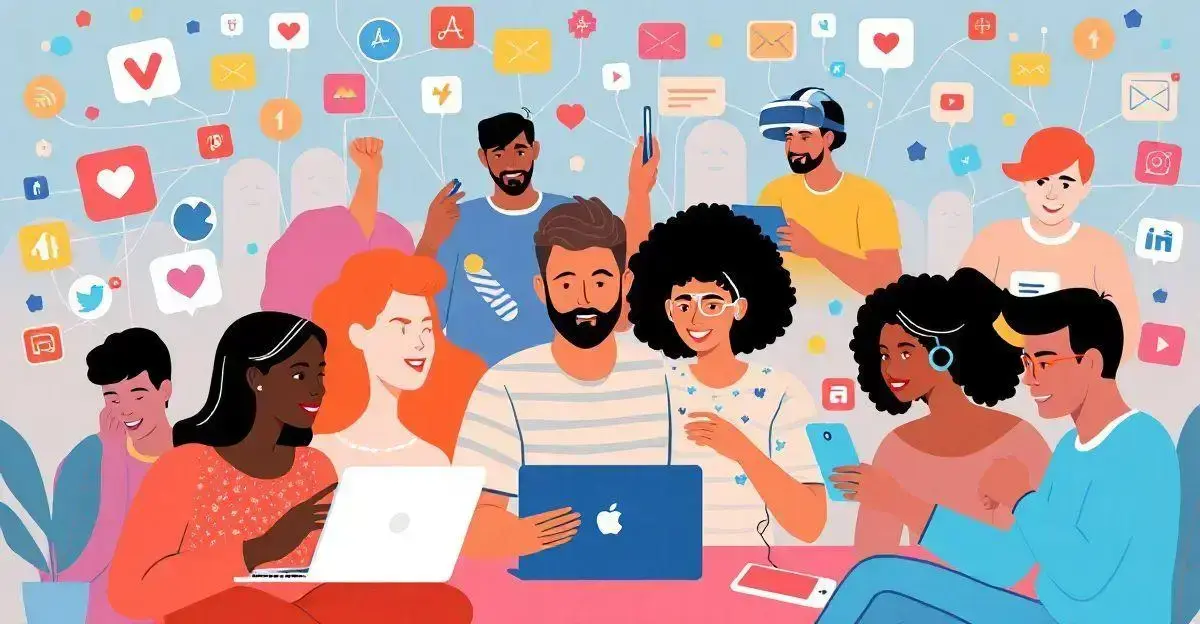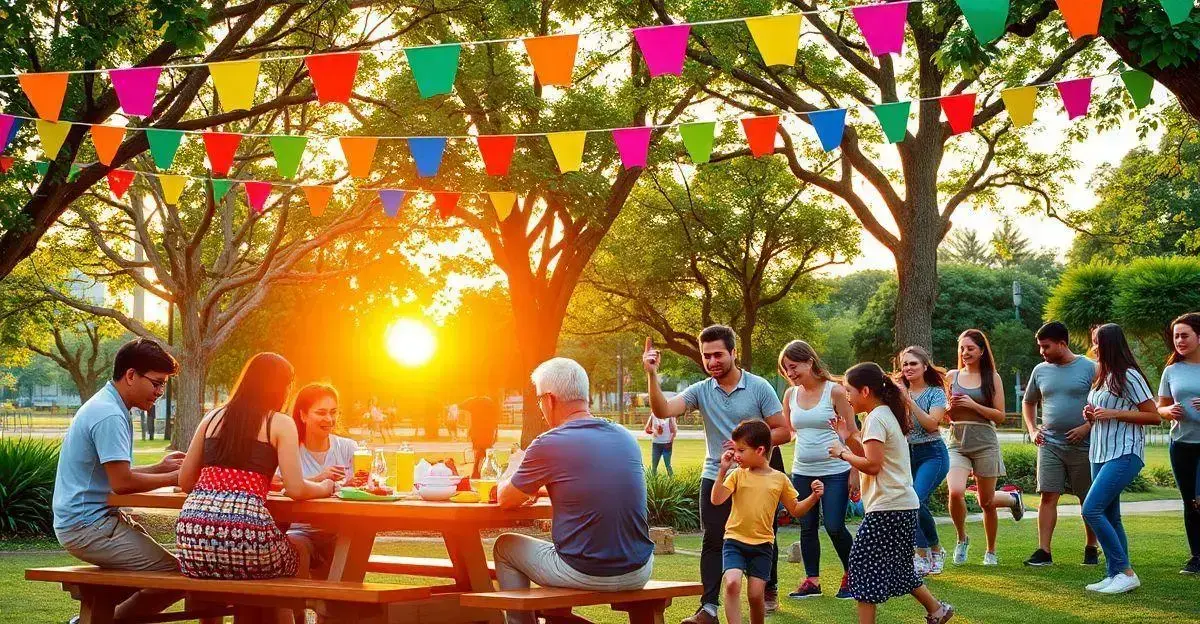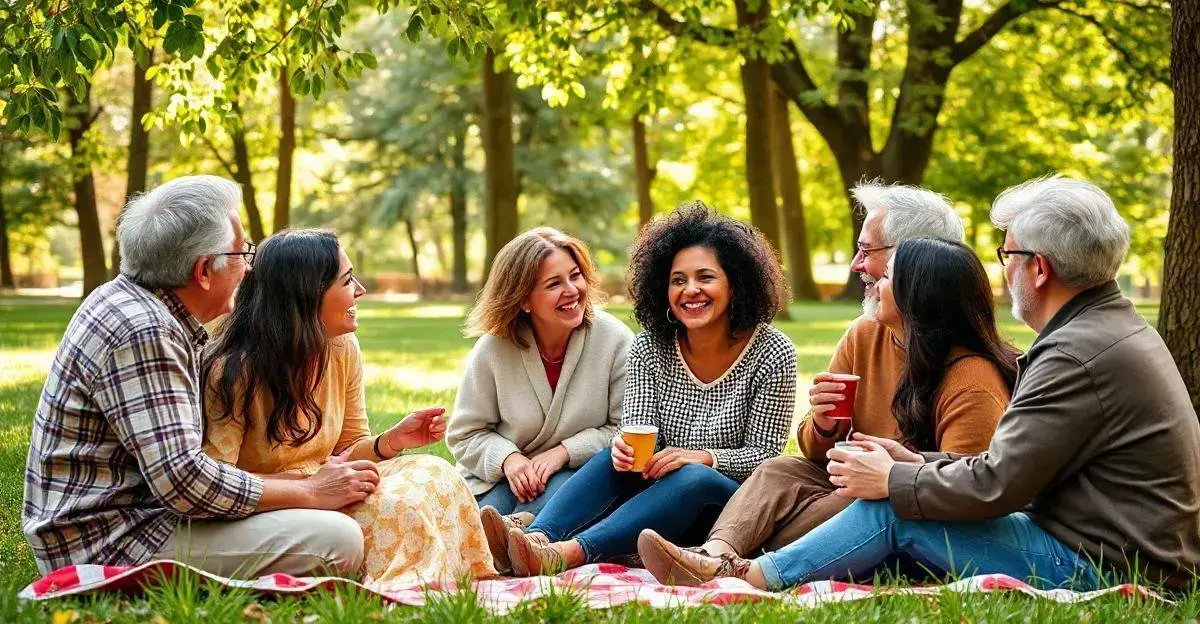Social connection is vital for maintaining our mental and emotional health, and it’s integral to leading a fulfilling life. In a fast-paced, digital world, it’s easy to feel disconnected. However, building meaningful relationships can reduce stress, increase resilience, and enhance overall well-being.
Fostering these connections, whether with friends, family, or community, provides us with a support network that is essential for navigating life’s challenges. Strong social bonds can also improve our physical health by boosting immune function and promoting longevity.
As we navigate an increasingly virtual world, it’s important to prioritise real, authentic interactions. The next sections will provide insights on how to cultivate stronger, more meaningful social connections and the lasting benefits they bring. Keep reading to learn more!
What is Social Connection?
Social connection refers to the relationships and interactions we have with others. It involves forming meaningful bonds, whether with family, friends, or colleagues. Having strong social connections contributes to our overall well-being and happiness.
This type of connection is built on trust, communication, and mutual support. When we share experiences and emotions with others, we create a deeper understanding and empathy that strengthen our relationships. By engaging regularly with people in our lives, we help nurture these vital connections.
Studies show that individuals with strong social connections tend to have better mental health, lower stress levels, and improved physical health. Our connections provide us with emotional support during challenging times and help us celebrate our successes.
It’s important to recognise that social connection can be fostered in various ways, including spending quality time together, actively listening, and showing appreciation for one another. By prioritising these interactions, we can enhance the quality of our relationships.
Benefits of Social Connection

Benefits of social connection are numerous and impactful on our lives. When we engage with others, we experience lower levels of stress and anxiety. These connections provide us with emotional support, which is essential during tough times.
Research indicates that friendships and social ties enhance our overall happiness. They can lead to a greater sense of belonging and community, making us feel valued and appreciated. This is especially true in challenging situations where friends can offer comfort and advice.
Moreover, strong social connections can even boost our physical health. Studies show that individuals with active social lives tend to have better immune function and are more likely to live longer. Having people around us can motivate us to engage in healthy behaviours and stay active.
Lastly, social connections are key to improving our mental well-being. Engaging with others helps combat loneliness and encourages positive thinking. By sharing experiences and feelings, we reduce the burden of stress, fostering an environment that promotes mental health.
How to Foster Social Connection
Fostering social connection is essential in today’s fast-paced world. One of the first steps to nurture these connections is to actively seek opportunities to meet new people. This can happen through joining clubs, attending community events, or participating in social activities. Engaging in hobbies with others can provide a strong foundation for relationships.
Another important aspect is communication. Taking time to listen and share experiences with others fosters deeper bonds. Simple gestures, like asking how someone’s day was or sharing a personal story, can strengthen ties.
Making time for friends and family is also crucial. Regularly scheduled gatherings or even virtual chats can maintain and enhance social bonds. Remembering important dates, like birthdays or anniversaries, shows that you care and value the relationship.
In addition, practicing empathy and providing support to friends during tough times can create lasting connections. Being there for someone in need builds trust and reinforces the relationship.
Lastly, be open to new experiences. Embracing change and being willing to step out of your comfort zone can lead to unexpected friendships and connections. Whether it’s trying a new sport or attending a workshop, these opportunities can enrich your social life.
Social Connection in the Digital Age

Social connection in the digital age has transformed how we interact. While technology has made it easier to communicate, it presents both benefits and challenges. Today, we can connect with friends and family worldwide through platforms like social media, video calls, and messaging apps.
Despite these advancements, it’s important to remember that digital communication can sometimes lack the personal touch of face-to-face interactions. Text messages and online chats may not fully convey emotions, making it easier for misunderstandings to occur. Therefore, it’s essential to be mindful of how we communicate online.
Social media can be a double-edged sword, as it allows for connection but can also lead to feelings of loneliness and anxiety. Over-reliance on virtual interactions may cause some individuals to neglect in-person relationships, which can be detrimental to their mental health. Balancing online and offline interactions is crucial.
Moreover, digital tools can broaden our social circles. We can participate in online communities, join virtual events, and engage with like-minded individuals who share our interests. These platforms foster new friendships that might not be possible in our local environments.
In summary, while the digital age has reshaped how we foster social connections, it is vital to remain aware of both its advantages and pitfalls. Engaging mindfully with technology can help maintain meaningful relationships in this evolving landscape.
Overcoming Barriers to Social Connection
Overcoming barriers to social connection is essential for building meaningful relationships. Many people face challenges such as shyness, lack of time, or fear of rejection. Recognising these barriers is the first step towards overcoming them.
Shyness can make initiating conversations daunting. One way to tackle this is by setting small goals, like starting a conversation with a neighbour or a coworker. With practice, these interactions can become easier and help build confidence.
Another common barrier is lack of time. Busy schedules can impede social interactions. To overcome this, it’s important to prioritise social activities just like any other commitment. Scheduling regular catch-ups, even if short, can help maintain connections.
Fear of rejection is a significant hurdle. Understanding that rejection is a part of social interactions can help ease this fear. Everyone has different preferences, and not every connection will click. This doesn’t diminish your worth.
Finding common interests can also help break down barriers. Engaging in activities that interest you, like joining clubs or volunteering, connects you with others and provides natural conversation starters.
Lastly, embracing vulnerability is vital. Sharing your thoughts and feelings openly can foster deeper connections, encouraging others to do the same. Opening up creates a safe space for meaningful dialogue.
The Role of Community in Social Connection

The role of community in social connection is vital for building relationships and enhancing overall well-being. Communities provide a sense of belonging, which is essential for emotional health.
Being part of a community can offer support and various social interactions that help individuals connect with others.
Communities often form around shared interests, values, or goals. These commonalities make it easier for people to engage with each other, fostering meaningful relationships.
For example, joining a local sports team or a book club can lead to strong bonds with others who share similar passions.
Moreover, communities can provide resources and support systems. People can find help, share experiences, and connect with others facing similar challenges.
Such interactions often lead to friendships that extend beyond the initial community context.
Volunteering is another powerful way to strengthen community ties. By giving time to help others, individuals not only contribute positively but also meet new people, expanding their social network.
This enhances feelings of connectedness and community pride.
Furthermore, local events and activities play a crucial role in fostering social connections. Attending community fairs, workshops, or neighbourhood gatherings can create opportunities to meet new people and strengthen existing relationships.
In summary, a strong community promotes social connections and enriches lives. By actively participating in community activities, individuals can enhance their relationships and overall happiness.
Tips for Strengthening Social Connections
Tips for strengthening social connections are essential for improving your relationships. The first step is to make time for family and friends. Regularly scheduled get-togethers, even if they are virtual, can maintain strong ties. Setting up weekly coffee dates or monthly game nights can help strengthen bonds.
Another effective tip is to actively listen when in conversation. Paying attention and showing interest in others’ lives fosters deeper connections. Ask open-ended questions to encourage sharing and engage meaningfully.
Expressing gratitude also plays a vital role in strengthening relationships. A simple thank you or a compliment can make someone feel valued. Expressing appreciation regularly can enhance the emotional quality of your connections.
Additionally, sharing experiences builds connections. Whether it’s taking a class together or going on trips, shared memories often create lasting bonds. Engaging in activities together allows for natural conversations and shared laughter.
Finally, don’t be afraid to reach out to reconnect. If you haven’t spoken to a friend in a while, send a message or make a call. Letting someone know you are thinking of them can rekindle a valued connection.
Frequently Asked Questions about Social Connection
What are the benefits of social connection?
Social connection enhances emotional well-being, reduces stress, and improves physical health.
How can I foster social connections?
You can foster social connections by making time for friends, actively listening, and participating in community activities.
What role does community play in social connection?
Community provides a sense of belonging and support, helping individuals connect with like-minded people.
How can I overcome barriers to social connection?
Identify barriers like shyness and lack of time, then set small goals and prioritize social activities to overcome them.
Why is expressing gratitude important in relationships?
Expressing gratitude shows appreciation and strengthens emotional bonds, leading to deeper connections.
Can digital communication positively affect social connections?
Yes, digital communication can enhance connections by allowing interactions with people globally, but balance is key.
